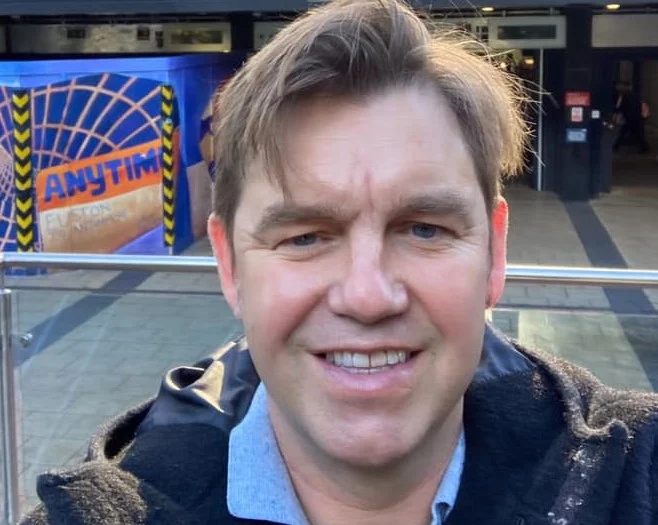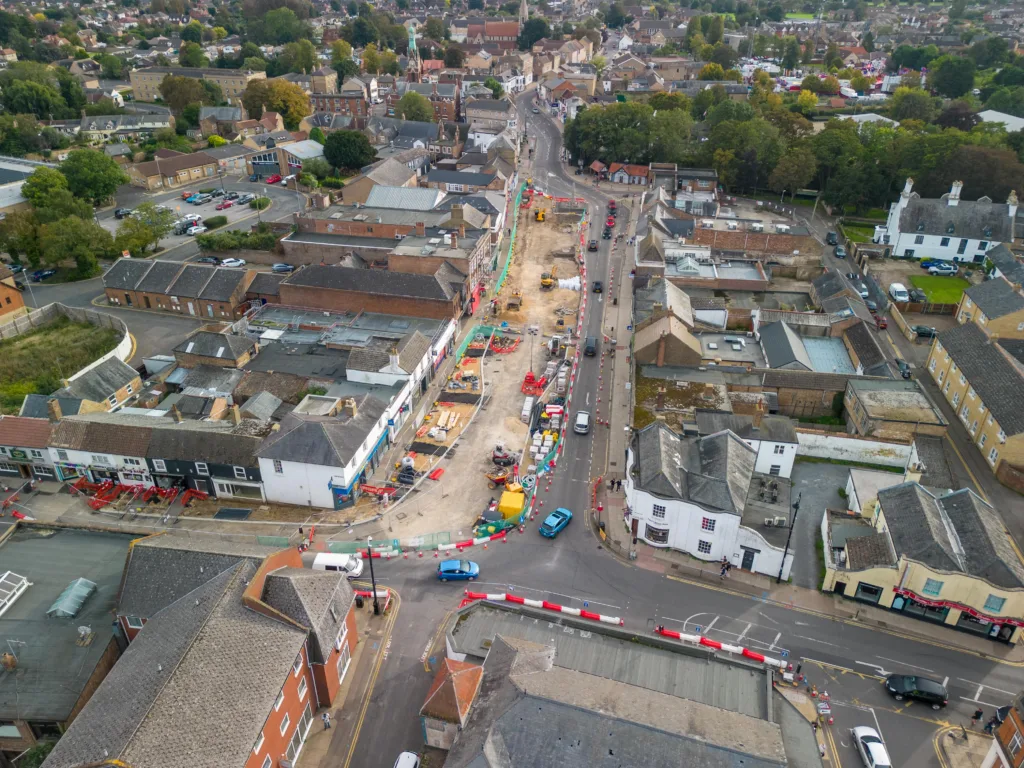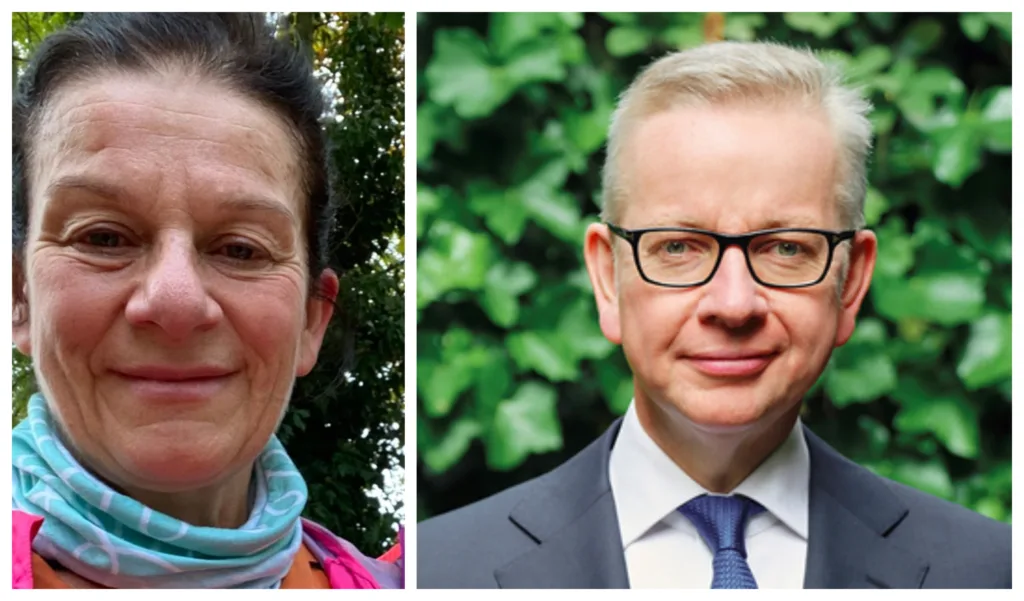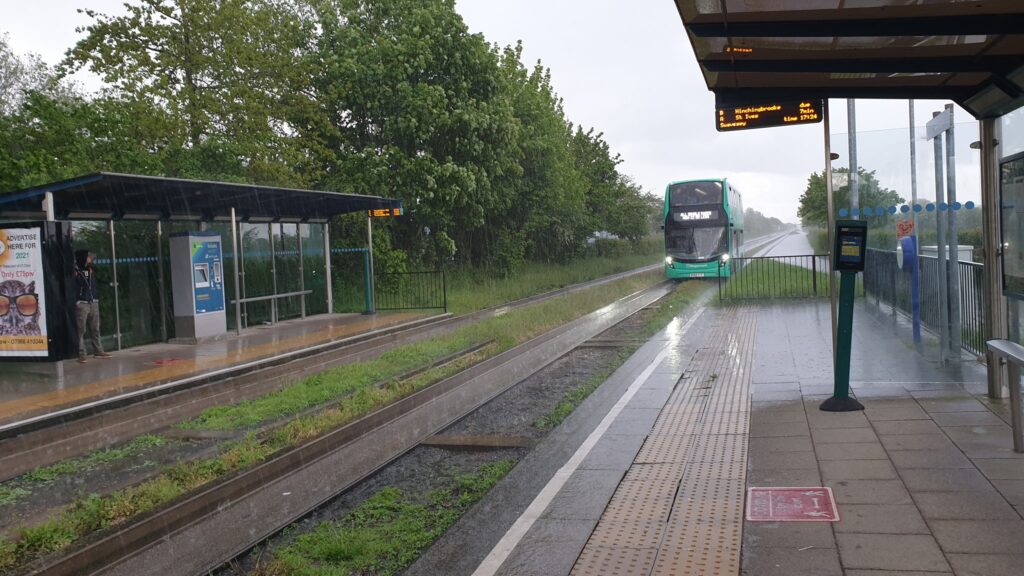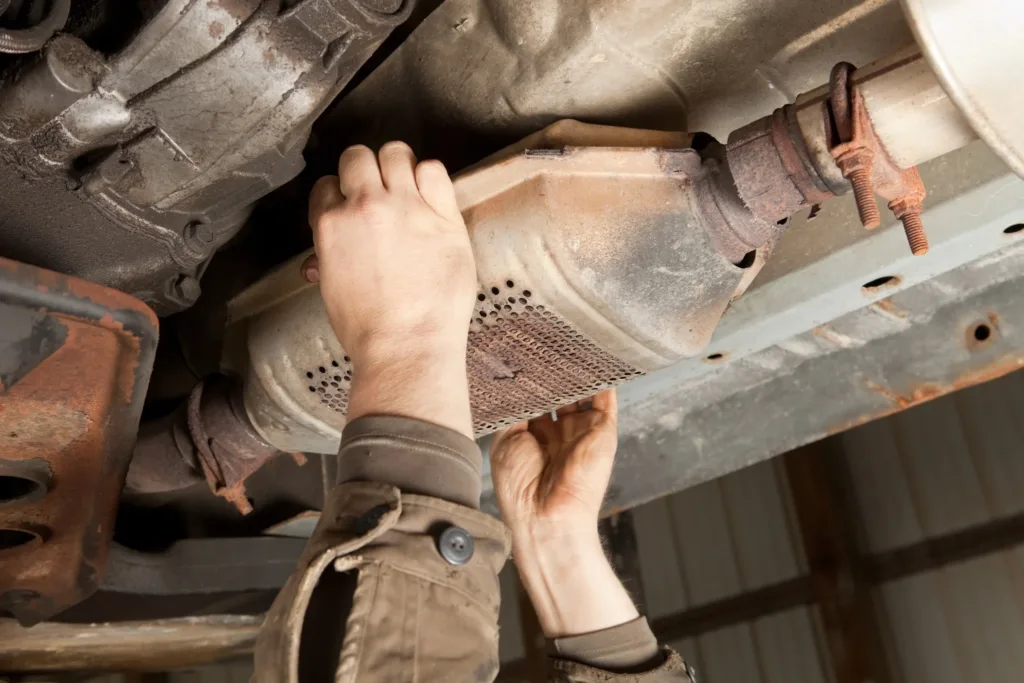A leak to the BBC from within the higher echelons of the Cambridgeshire and Peterborough Combined Authority (CAPCA) has prompted an outcry.
It comes less than a week after members ‘signed up’ to an unofficial agreement to be more respectful after being read the riot act by interim chief executive Gordon Mitchell.
The row has broken after an idea raised at an informal meeting of council leaders that make up CAPCA was leaked to the BBC.
The broadcaster claimed that Mayor Dr Nik Johnson “is considering charging households a new bus tax to support public transport, the BBC understands.
“Nik Johnson is understood to have discussed the idea with council leaders at a private meeting this month”.
Although the idea is nothing new, it provoked a furious response from Cllr Stephen Ferguson, an independent councillor for St Neots East & Gransden and chair of Cambridgeshire County Council.
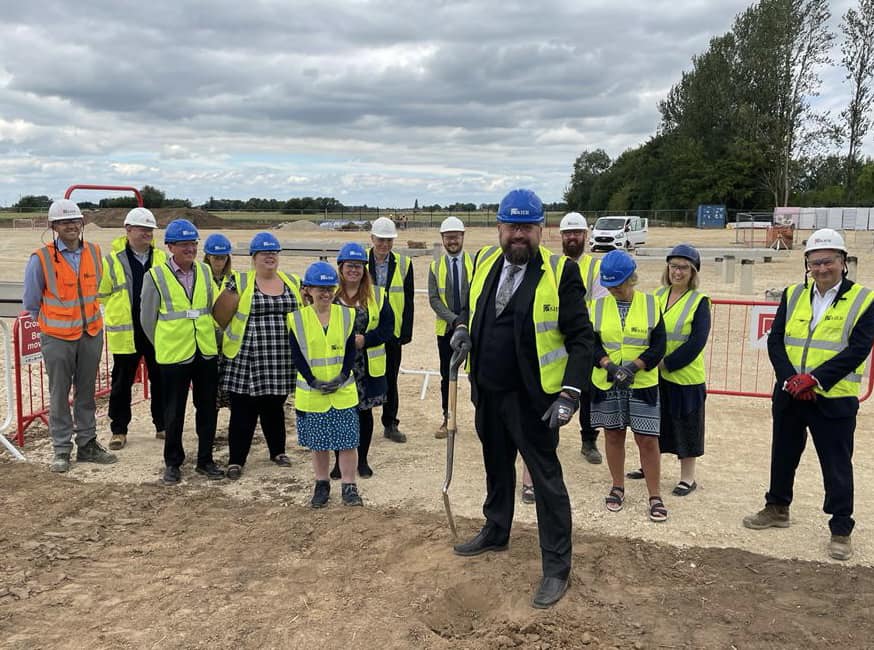
“It’s depressing to see the usual suspects leaking private meetings to the press for political gain,” he tweeted.
Nigel Pauley, the mayor’s former strategic adviser, tweeted “Shocking that someone (a council leader?) should leak details of a private leaders’ strategy meeting.
“Only nine present. Interesting only one councillor named – but should he have commented on the record about a leak? And who gains from the leak?”
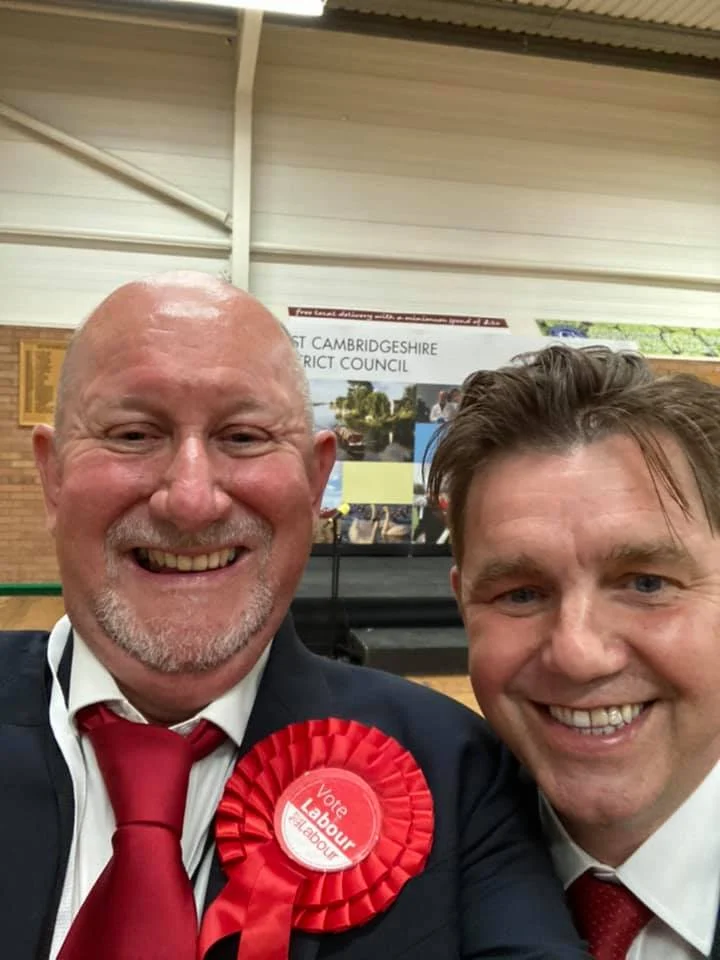
Cllr Steve Count, opposition leader at the county council (but not a member of the leaders’ strategy meeting) tweeted: “Revelations the Labour mayor wants to introduce a bus tax are astounding.
“At the same time, the GCP (Labour and Liberal) want to introduce a congestion charge. Has the world gone mad?
“Tax to the max, that’s their only way of working”
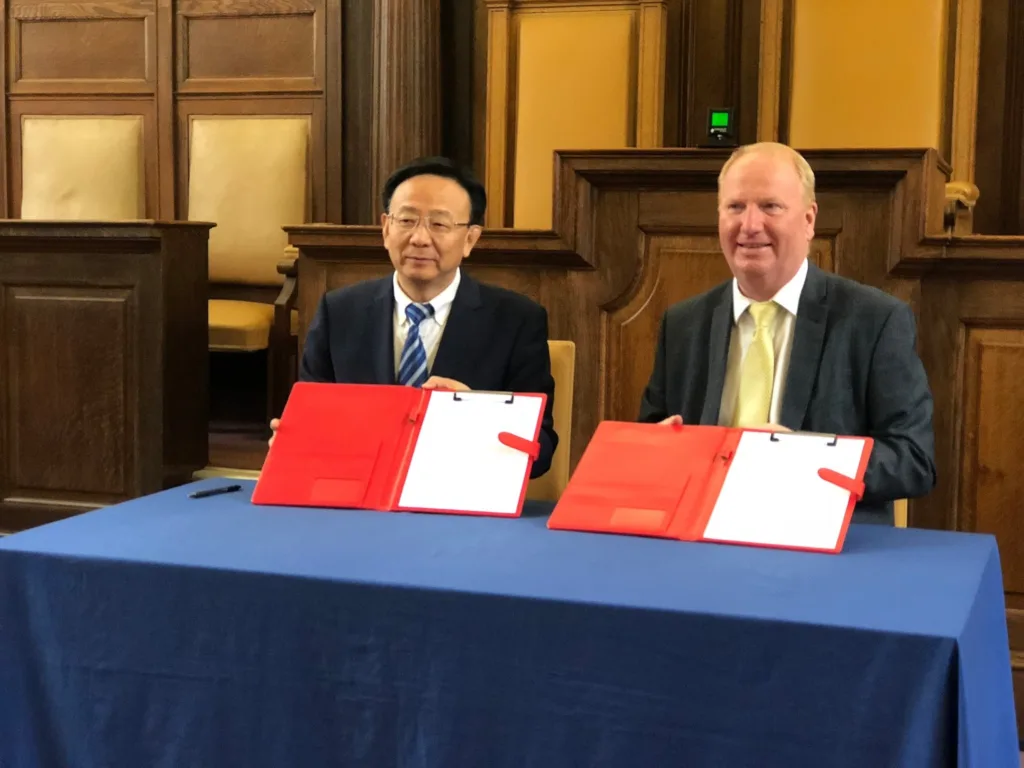
Mr Pauley responded with a follow up tweet pointing out that “as you well know (Steve Count) these private meetings are private for obvious reasons – not least trust.
“This leak shows the new CEX’s demand for better behaviour by out-of-control board members is lost on the usual suspects”.
One board member who would have been invited to the meeting is Cllr Wayne Fitzgerald, leader of Peterborough City Council.
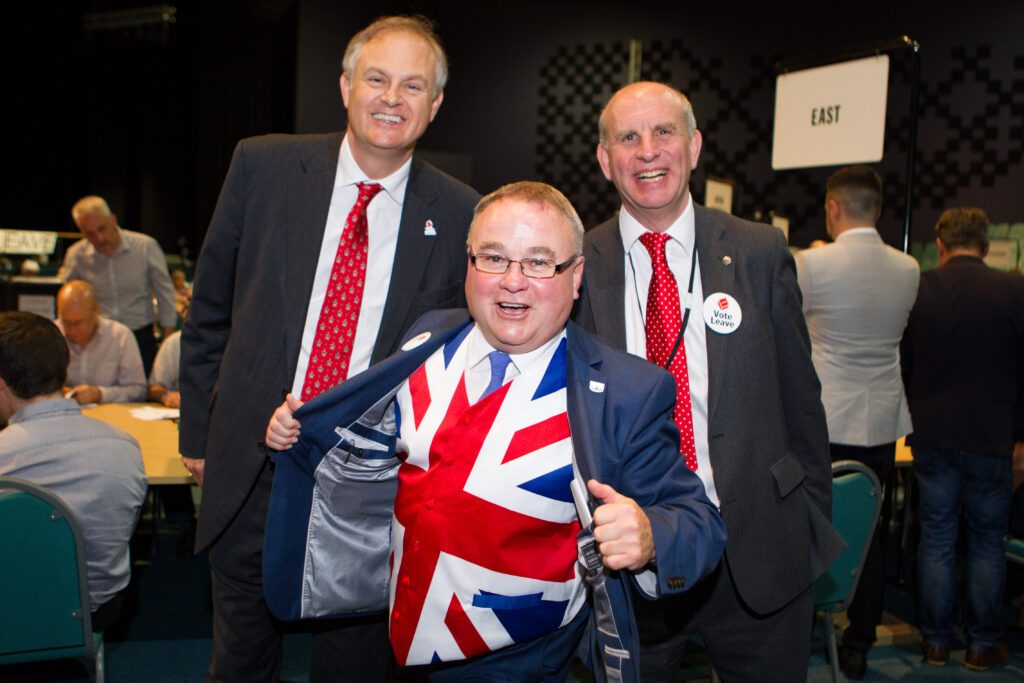
Although there is no suggestion he leaked the info to the BBC, he did, surprisingly, comment to them.
He said he was “sceptical” about the idea.
“If it’s tax on the vast majority of people who don’t use buses, I’m not sure that would be fair,” he told the BBC.
“I wait to hear more from officers from the Combined Authority, should such a suggestion come forward.”
A spokesperson for the Combined Authority said it was not possible to comment on what was a private meeting.
“Leaders strategy meetings include the opportunity for the Combined Authority board, which is chaired by the mayor, to discuss and test a range of ideas which may or may not get developed further into concrete proposals,” said the spokesperson.
“Leaders strategy is not a decision-making forum.”
Cllr Lorna Dupre, who chairs the Combined Authority overview and scrutiny committee, tweeted: “Where there is harmony, let us sow discord”.
Mr Mitchell’s lengthy assessment of the past and a new direction of travel for the Combined Authority, referred to “delivery, ambition, and effectiveness”.
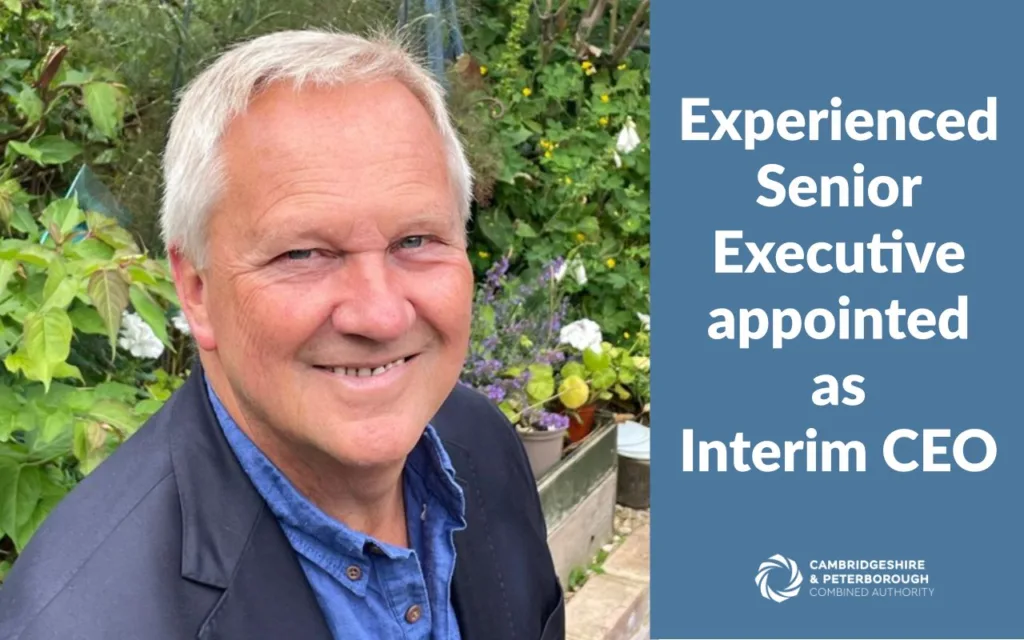
He said: “Inevitably there is a legacy of ways of working from the first mayoral term.
“In that initial phase the organisation appears to have focused on some key programmes, some deliverables but also established a culture of separation between the Mayoral Combined Authority (MCA) and its constituent councils.
“In recent discussions with council leaders and chief executives they refer to the explicit practice of excluding the council chief executives from any systematic role in supporting policy formulation or delivery.
“Local players now see that as highly undesirable and want this to change. “
He said that in the five years of existence of the MCA it has struggled to find a settled way of working.
“Over the period it has featured five different chief executives each with different management arrangements, and five different monitoring officers, resulting in a lack of stability at the top of the organisation.
“Subsequently the first year of the second mayoral term has been beset by a poorly conceived mayoral office and lack of clarity about the role of the mayor.
“This has resulted in considerable friction with senior officers, underpinned dysfunctional behaviour in the MCA board, in public and an MCA which is operating day to day, but with no discernible medium or long-term strategy for its region.
“The MCA now finds itself embroiled in a series of connected disputes and investigations which stoke distrust, wider dysfunctional dynamics, and create a burden on the capacity of the organisation.
“An initial investigation reported in February 2022. This led to the dismantling of the office of the mayor and querying the rules around appointments and reporting lines.”
Mr Mitchell added: “Issues arising from the first investigation have resulted in several ongoing investigations related to the code of conduct, leaks of confidential information, expenses, and employment claims related to senior staff.
“Until these investigations and issues are resolved it will be difficult for the MCA to find a route to normal political business. The various processes need to be expedited, and any implications for the functioning of the CA implemented.
“It is unclear whether the necessary political commitment exists to tackle these issues at proper pace and with due diligence (or whether these processes simply become a further opportunity for dysfunctional behaviour).
“In this context it is not surprising that the culture of member – officer relations is not ideal.
“While the effectiveness of working relations varies across individuals, teams and committees further positive development is needed.
“A part contributor is that some of the informal engagement structures normally in place in local government appear lacking.”


